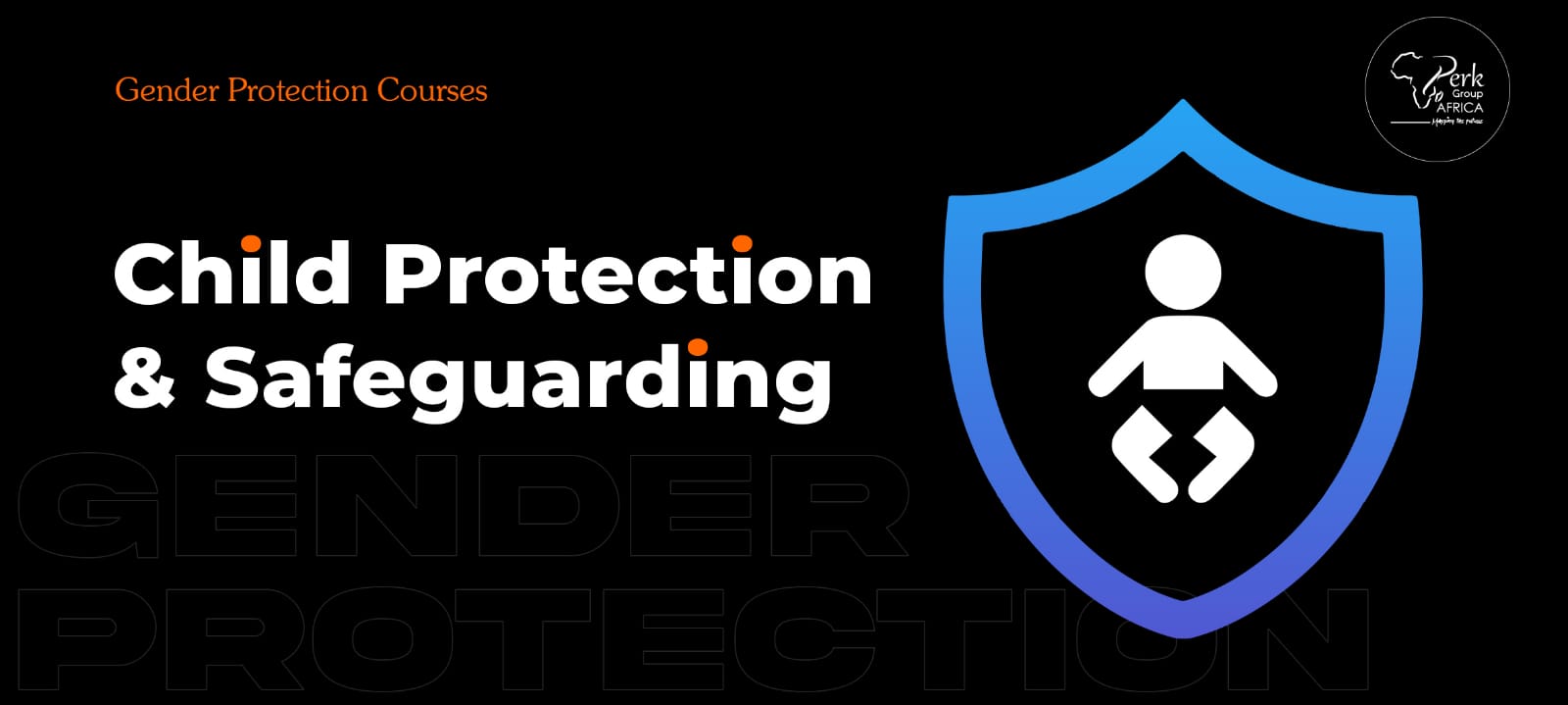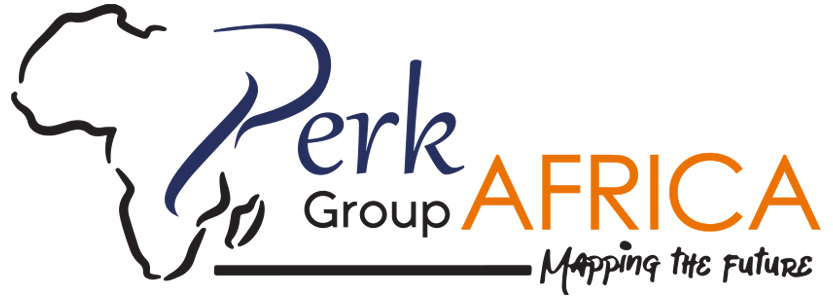
Training Course on Child Protection in Armed Conflict
Course Overview
This 5-day intensive training course provides participants with a comprehensive and practical understanding of the principles, legal frameworks, and strategies for protecting children affected by armed conflict (CAAC). Participants will explore the six grave violations against children during armed conflict and gain practical skills to monitor, report, and respond to child protection concerns effectively.
The course draws on international standards, humanitarian best practices, and real-world case studies to foster critical thinking and practical problem-solving. It emphasizes the legal, ethical, and gender-sensitive approaches necessary for effective child protection in conflict environments.
Target Audience
This course is designed for:
- Child protection officers
- Humanitarian and development professionals
- NGO/INGO staff working in conflict zones
- UN and government personnel
- Social workers, educators, and community leaders
- Policy-makers and advocates
Course Objectives
By the end of the course, participants will be able to:
- Understand the fundamental principles of child protection and their specific application in conflict settings.
- Identify and analyze the six grave violations and their short- and long-term impacts on children.
- Apply international legal frameworks including UNCRC, OPAC, and Geneva Conventions to real-world protection programming.
- Recognize and assess gender-specific risks and vulnerabilities faced by boys and girls in conflict zones.
- Develop effective prevention and response strategies, including risk assessments, referral pathways, and monitoring systems.
- Design and integrate child protection interventions into broader humanitarian programming.
Course Duration:
Online Training: 5 days (4hrs per day)
Classroom Training: 5 days (7hrs per day)
Each day includes interactive lectures, group exercises, multimedia presentations, simulations, and knowledge checks.
Course Modules
Module 1: Introduction to Child Protection in Armed Conflict
- Definition and scope of child protection
- Key principles: Best interest of the child, non-discrimination, child participation, and survival & development
- Drivers and consequences of child vulnerability in armed conflict
- Overview of the child protection actor landscape (UN, NGOs, government agencies)
Module 2: Legal and Policy Frameworks
- International Legal Instruments:
- UN Convention on the Rights of the Child (UNCRC)
- Optional Protocol on the Involvement of Children in Armed Conflict (OPAC)
- Geneva Conventions and Additional Protocols
- Global Policies and Guidelines:
- Security Council Resolutions (e.g., 1325, 1612, 1820)
- Paris Principles and Commitments
- Kampala Declaration on Refugees and IDPs
- Accountability mechanisms and pathways to justice
Module 3: Mainstreaming Child Protection in Conflict Settings
- Introduction to the Child Protection Minimum Standards (CPMS)
- Strategies for integrating child protection in cross-cutting sectors:
- Education, Health, Nutrition, WASH, and Shelter
- Coordination with other sectors and the role of inter-agency collaboration
- Case studies on successful mainstreaming in field operations
Module 4: Monitoring and Reporting the Six Grave Violations
- Understanding the origin and classification of the Six Grave Violations:
- Killing and maiming of children
- Recruitment or use of children by armed forces or groups
- Attacks on schools or hospitals
- Rape or other forms of sexual violence
- Abduction of children
- Denial of humanitarian access
- Introduction to the Monitoring and Reporting Mechanism (MRM)
- Tools and methods for data collection, verification, and confidentiality
- Developing credible reports for advocacy and response
Module 5: Gender Dimensions of the Six Grave Violations
- Gender-based differences in the impact of violations
- Role of Gender Analysis in child protection planning
- Addressing the specific needs of girls and boys during and after violations
- Promoting inclusive and equitable protection responses
- Gender-sensitive indicators and monitoring tools
Module 6: Comparative Analysis of Grave Violations through SRSG-CAAC Reports
- Introduction to the role of the Special Representative of the Secretary-General (SRSG) for CAAC
- Comparative review of recent SRSG reports:
- Country case studies and trends
- Lessons learned and best practices
- Group exercises:
- Analyze and present regional variations in violations
- Develop advocacy briefs and recommendations
- Final reflections and synthesis of course learnings
Course Completion
- Participants will receive a Certificate of Completion upon successfully attending all sessions and completing a final group presentation.
- Optional: Post-course mentorship support for participants implementing child protection projects.
Classroom Training Schedule
| Start Date | End Date | Location | Cost | Apply |
|---|---|---|---|---|
| Feb 02, 2026 | Feb 06, 2026 | Nairobi | $ 1200 | Register |
| Mar 09, 2026 | Mar 13, 2026 | Nairobi | $ 1200 | Register |
| Apr 13, 2026 | Apr 17, 2026 | Nairobi | $ 1200 | Register |
| May 18, 2026 | May 22, 2026 | Nairobi | $ 1200 | Register |
| Jun 22, 2026 | Jun 26, 2026 | Nairobi | $ 1200 | Register |
| Jul 27, 2026 | Jul 31, 2026 | Nairobi | $ 1200 | Register |
| Aug 31, 2026 | Sep 04, 2026 | Nairobi | $ 1200 | Register |
| Oct 05, 2026 | Oct 09, 2026 | Nairobi | $ 1200 | Register |
| Nov 09, 2026 | Nov 13, 2026 | Nairobi | $ 1200 | Register |
Virtual Training Schedule
| Start Date | End Date | Location | Cost | Apply | |||
|---|---|---|---|---|---|---|---|
| Jan 19, 2026 | Jan 23, 2026 | Online | $ 600 | Register | |||
| Feb 23, 2026 | Feb 27, 2026 | Online | $ 600 | Register | |||
| Mar 30, 2026 | Apr 03, 2026 | Online | $ 600 | Register | |||
| May 04, 2026 | May 08, 2026 | Online | $ 600 | Register | |||
| Jun 08, 2026 | Jun 12, 2026 | Online | $ 600 | Register | |||
| Jul 13, 2026 | Jul 17, 2026 | Online | $ 600 | Register | |||
| Aug 17, 2026 | Aug 21, 2026 | Online | $ 600 | Register | |||
| Sep 21, 2026 | Sep 25, 2026 | Online | $ 600 | Register | |||
| Oct 26, 2026 | Oct 30, 2026 | Online | $ 600 | Register | |||
| Nov 30, 2026 | Dec 04, 2026 | Online | $ 600 | Register |
Course Language
This Training course is offered in ENGLISH . Please indicate the language of choice during registration.
Course Delivery
Presentations are well guided, practical exercise, a plenary presentation, and group work. Participants are encouraged to bring any data relevant to their job responsibilities. This is hands-on, product-oriented training and will mostly involve practical exercises. Each participant MUST bring along their own working laptop and android phone.
Certification
Upon completion of training, the participant will be issued with a certificate of Completion.
Tailor-Made Course
3 months post-training support, consultation, and coaching is a guarantee from us and will be available after the course.We can also do this as a tailor-made course to meet organization-wide needs. Contact us to find out more: training@perk-gafrica.com.
